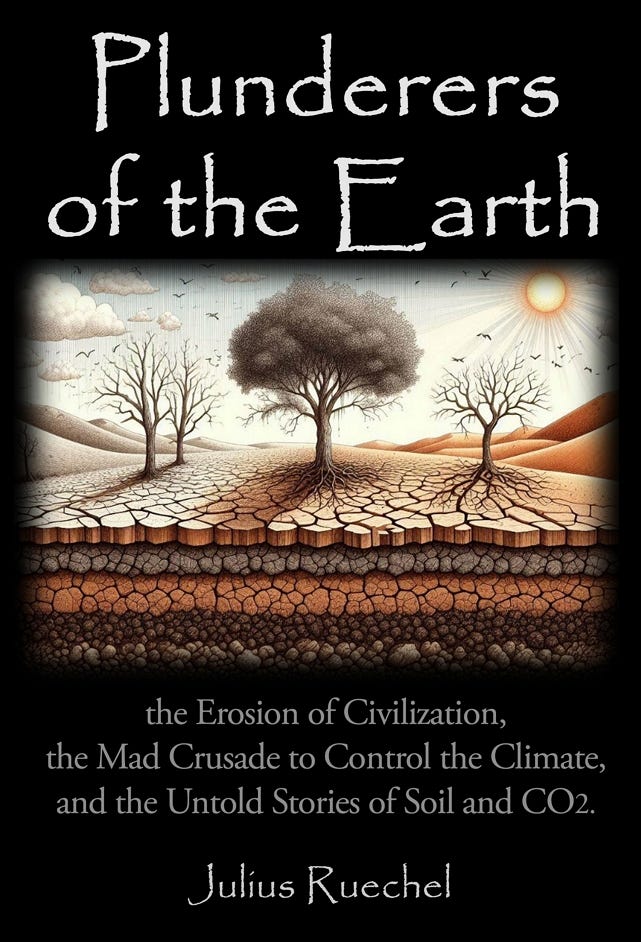When the world is burning, the hardest thing of all is to resist the paralyzing urge to fixate on the flames. Somewhere in between the two extremes of either burying one’s head in the sand or losing oneself in outrage at the senselessness of it all lies the middle path that is forged by focusing our energies on the things within our control.
Even the myths passed down to us by our forefathers warn us about this — as the wicked biblical cities of Sodom and Gomorrah were engulfed in fiery destruction, Lot and his family were saved because they kept their eyes on the path that led them away from the chaos. But as they fled, Lot's wife turned to look back at the infernal cities as they were consumed by a rain of burning sulfur and was promptly transformed into a pillar of salt.
In 2022, my wife and I put the bright lights of Ottawa in our rearview mirror and moved back to our familiar stomping grounds near the family farm in B.C.’s North Okanagan region. After ejecting the furry four-legged rodents infesting our new walls, renovating to remove all traces of their destruction, updating the building, and bringing order to all the chaos that comes with settling into a new home and a new life, I finally recovered the headspace to write.
I expected my first writing project to keep me “offline” for a couple of months, but as the tangled threads of the story I set out to tell grew ever more complex, a few months quickly turned into two years.
The first item on my writing agenda was to do a deep dive into the root causes of society’s unraveling as western civilization is plunged into an ever more bitter philosophical war about the purpose and limits of effective government. But then the wildfire season of 2023 kicked off.
2023 proved to be one of the most destructive fire seasons in Canadian history. Here in the Okanagan, a wildfire swept through neighborhoods in nearby Kelowna and jumped across Okanagan Lake to burn through neighborhoods in Winfield, even as yet another wildfire consumed homes and businesses in the North Shuswap just to our northwest. This year, in 2024, half of the town of Jasper, Alberta, was burned to the ground. In 2021 the entire village of Lytton went up in flames. In 2016 another wildfire swept through the city of Fort McMurray, Alberta. In 2003 the Okanagan Mountain Park Fire also consumed several hundred homes on Kelowna's southeastern flank. It has become a depressingly familiar story in western North America and in so many other dry regions across the world.
As usual, as the fires raged, politicians, the media, activist-scientists, and even the United Nations jumped on the opportunity to flood the airwaves with a tsunami of fear-mongering climate propaganda that is completely disconnected from reality on the ground. And so, I set aside my other deep dive into society’s unraveling to write what I thought would be a short article to call out their lies and push back on the insane social engineering agenda they are foisting on farmers in particular and on society as a whole under the guise of “fighting climate change.”
The trouble with pulling on a thread is that sometimes what you find on the other end of that thread is much, much bigger than you expected. The climate/wildfire article and my exploration into the roots of society’s unraveling soon merged into a complex tale of how political and ecological systems unravel — often in tandem — whenever society embraces centralized decision-making, empowers a masterful administrative state at the expense of individual and local autonomy, and thus creates perverse incentives that gradually hollow out once-thriving civilizations and once-thriving ecosystems.
Some stories are so big that they are impossible to see when we view the world through the tidy slices that fit into pithy media soundbites and when we compartmentalize scientific inquiry within the cloistered confines of our highly segregated academic fields. Some stories only become visible when we step back far enough to see the proverbial elephant in its entirety.
As I peeled back the layers of political and ecological unraveling, a parallel yet altogether different detective story began to emerge from chaos. By all accounts, that story should be both the political and the ecological story that defines our century based on the scale of its destruction and the implications for civilization’s future. But it isn’t because, as long as crusading eyes are fixated on the distorted one-dimensional version of history that seeks to portray CO2 as the alleged “control knob on the climate”, few can see this other story unfolding right beneath our feet. And fewer still recognize its implications. Things that happen slowly are the most difficult to recognize, and to stop.
Understanding this story shines light on the path that can take us all away from the flames.
After two years of cocooning myself away to give myself the space to weave together the many threads of this complex story, I am pleased to announce the release of my newest book: Plunderers of the Earth: the erosion of civilization, the mad crusade to control the climate, and the untold stories of soil and CO2. I hope you will find it as eye-opening to read as it was for me to research and write. And, most of all, I hope that the lessons contained within its pages will serve as a practical guide to help us all rebuild our unraveling communities.
It is available now on Amazon in print and as an e-book. #CommissionsEarned





Julius -- please do my show this week. We all have missed you terribly.
info@trishwoodpodcast.com
Glad to have you back. I look forward to reading your new book. Thank you